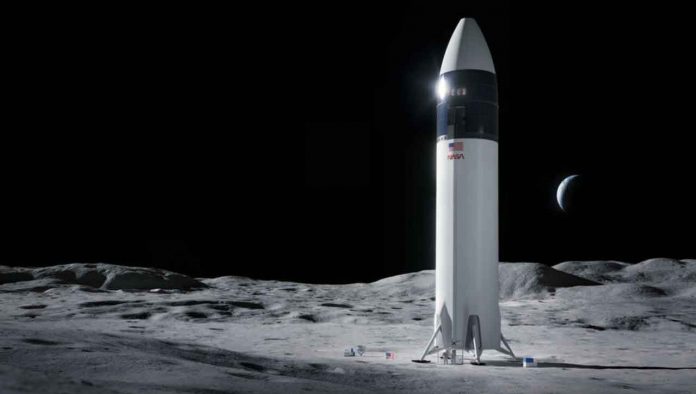Countries from around the world are getting ready to go back to the Moon, and Canada is playing a major part in this inspiring new endeavour.
This morning at 2:38 a.m ET, two Canadian technologies launched on a SpaceX Falcon 9 rocket, onboard the Japanese ispace Mission 1 to the Moon. Canadensys Aerospace Corporation (Canadensys) and Mission Control will test their cutting-edge technologies during this commercial mission, set to land on the Moon in spring 2023.
“Today, thanks to the support of the Canadian Space Agency, two ground-breaking Canadian technologies have launched onboard the ispace Mission 1. This launch is one more example of Canadian industry leading the way in this thrilling new era of space exploration. These technologies will help enhance capabilities and lower mission costs while positioning Canada as a partner of choice for future space endeavours,” shared François-Philippe Champagne, Minister of Innovation, Science and Industry.
Canadensys is providing an AI-enabled operational lunar 360-degree imaging system, including multiple cameras, which was designed to withstand the harsh lunar environment. Among other tasks, the system will be used to image two rovers (one from the Japan Aerospace Exploration Agency and the other from the Mohammed bin Rashid Space Centre in the United Arab Emirates) as they are deployed from opposite sides of the ispace lander. Mission Control will demonstrate an artificial intelligence-integrated flight computer to classify types of geological features as a rover drives around the lunar surface. Traditionally, such analysis would be performed on Earth. This computer could unlock new possibilities for rovers to perform actions by themselves, such as navigation and classification of lunar geological features.
A third company, NGC Aerospace Ltd., will receive lunar imagery from this mission to test their planetary navigation system, similar to the GPS technology used on Earth. They will use the imagery obtained from this mission in preparation for a future mission where the technology will guide and support the safe landing of a lunar vehicle, in a precise location.
The Canadian Space Agency (CSA) funded these three projects under the Lunar Exploration Accelerator Program (LEAP). With this funding, the companies will have seven different opportunities to test their technologies on or around the Moon in the upcoming years.
- Canada announced its participation in the exciting next chapter of Moon exploration in 2019.
- LEAP prepares Canada’s space sector for humanity’s return to the Moon by investing $150 million over five years to help small and medium-sized businesses in Canada develop new technologies to be used and tested in lunar orbit and on the Moon’s surface.
- Contributions of $3.3 million were awarded to Canadensys ($2.49 million) and NGC Aerospace Ltd. ($726,000) in 2020.
- A contribution of $3 million was awarded to Mission Control in 2021.
- In 2019, Canada’s space sector supported close to 23,000 jobs (direct and indirect) and contributed $2.5 billion to Canada’s economy. SMEs accounted for 94% of all Canadian space companies.







